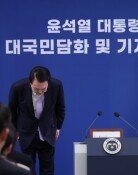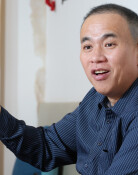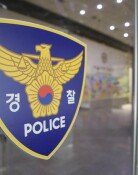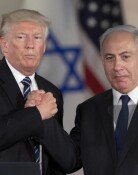Offices Searched in Bank Sale Probe
The investigation into the sale of the Korea Exchange Bank (KEB) to U.S. private equity fund Lone Star at a low price is in full swing, with the prosecution starting simultaneous searches on June 29.
As Korea Exchange Bank is the main source of suspicions of the low price sale, along with Lone Star, the result of searches will be a main factor in uncovering the truth.
Extensive and intense search-
The Central Investigation Division of the Supreme Public Prosecutors Office searched the headquarters of KEB in Jung-gu Seoul. The prosecution sent a team of thirty-plus, including 4 prosecutors, to the headquarters and searched the fifteenth floor from 8:45 a.m. to 6:00 p.m., including the presidents office, financial planning division, credit evaluation division, computer servers, and storage. Entrances into the fifteenth and sixteenth floors were strictly monitored. The search of computer servers was done after hours so that it would not interfere with the banks operations.
The prosecution also searched the office of president Lee Gang-won of Korea Investment Corporation in the Seoul Finance Building. Lee was the president of Korea Exchange Bank at the time of the sale in 2003.
The prosecution also searched the homes of former KEB president Lee and vice president Lee Dal-yong on the same day.
The prosecution has obtained documents from the Kim & Jang law firm, which gave legal advice on the sale of KEB in 2003, and is in the process of an analysis.
Search is to obtain evidence-
The prosecutions search of KEB was an expected stage of investigation. Thus the search of KEB headquarters is not an uncommon procedure.
The main reason behind the searches of KEB and the office of former KEB president Lee is to obtain new evidence that would prove the suspicions. Anything substantial can be used to contradict the lies given by the related people in the Board of Audit and Inspections (BAI) inspections.
The BAIs inspection showed that in late 2003, KEBs BIS ratio was calculated too low, but the BAI failed to clearly find evidence of any intentional manipulation of the BIS ratio and the people behind it. Thus the Ministry of Finance and Economy and the Financial Supervisory Commission challenged the inspection results of the BAI.
The key of the investigation is how much meaningful evidence the prosecution finds in the computers used by former KEB president Lee Gang-won and others involved in the sale of KEB. What evidence will be obtained in the banks computer server is also a matter of interest.
Tae-Hoon Lee Jin-Kyun Kil jefflee@donga.com leon@donga.com







